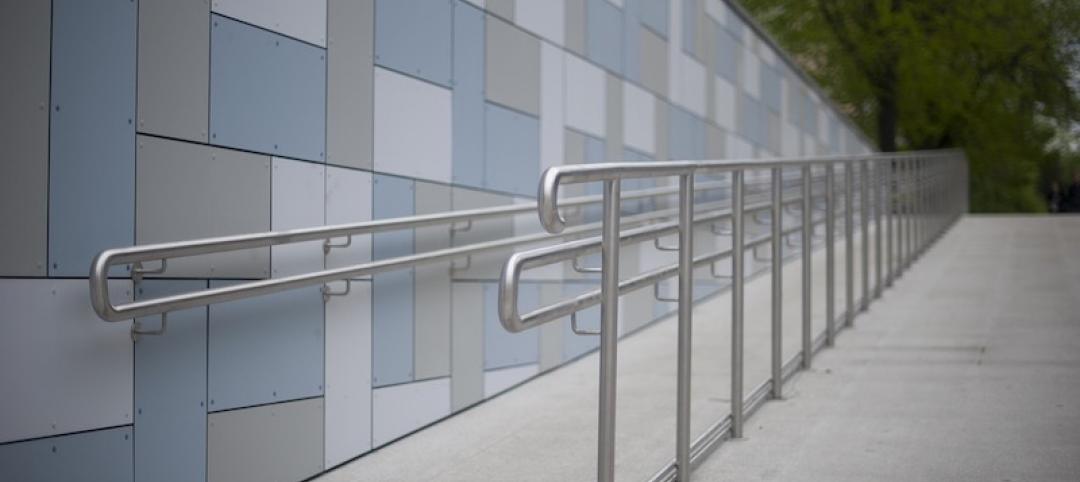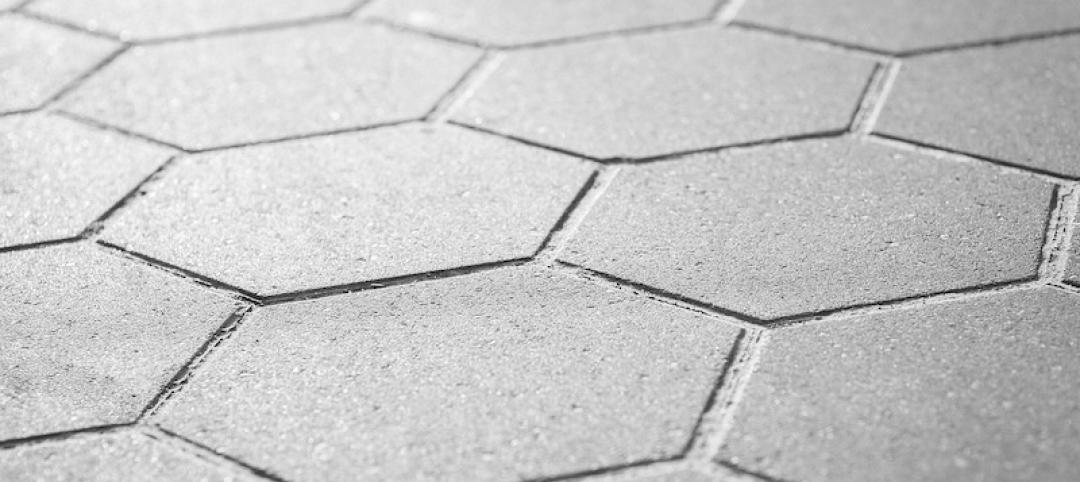GRESB, the global standard for environmental, social and governance (ESG) assessment of real estate portfolios and infrastructure assets, has launched the GRESB Health and Well-being Module.
This protocol is an optional supplement to the GRESB Real Estate Assessment--an annual survey of a large group of institutional investors that captures information regarding the ESG performance of property companies, fund managers, and developers.
The new module evaluates and benchmarks actions by property companies and funds to promote the health and well-being of employees and strategies to create value through products and services that promote health and well-being for tenants and customers.
“Real estate development can serve to create superior places—places that enhance productivity, support physical activity, promote social interaction, provide access to vital services and contribute to happiness,” GRESB says. “As interest in health and well-being in the built environment grows, the industry has recognized the need for practical tools for systematic assessment, objective scoring, and peer benchmarking of health and well-being.”
Related Stories
Codes and Standards | Oct 24, 2019
ASHRAE design contest winners demonstrate building resilience
Model building, a city hall, could operate without utility service for two weeks.
Codes and Standards | Oct 22, 2019
Efficient material design, low-carbon concrete are critical to cutting GHG emissions in construction
Enhancing building utilization and reusing materials also aid carbon reduction.
Codes and Standards | Oct 21, 2019
Historic properties not exempt from Americans With Disabilities Act
Some exceptions do apply.
Codes and Standards | Oct 18, 2019
St. Louis could save $61 million per year in energy costs by improved building performance
GHG gases can be reduced by at least 11% with upgrades to public buildings and large private buildings.
Codes and Standards | Oct 17, 2019
Slow payments cost GCs and subs $64 billion annually
Study finds 51-day average payment turnaround.
Codes and Standards | Oct 16, 2019
Cool pavement can make people hotter
Reflective coatings channel sunlight raising temperatures where pedestrians walk.
Codes and Standards | Oct 15, 2019
Utah adopts 2018 International Energy Conservation Code
Provisions include increased building envelope performance and reduced air infiltration.
Codes and Standards | Oct 14, 2019
States continue to beef up energy efficiency codes
ACEEE 50-state scorecard finds latest IECC code gaining adherents.
Codes and Standards | Oct 9, 2019
DOE releases Better Buildings Healthcare Financing Primer
Outlines financial strategies to implement energy-efficiency projects in healthcare.
Codes and Standards | Oct 8, 2019
Zero Carbon Buildings for All aims for ambitious emission reduction targets
Organization makes commitment to net zero carbon for all buildings by 2050.

















